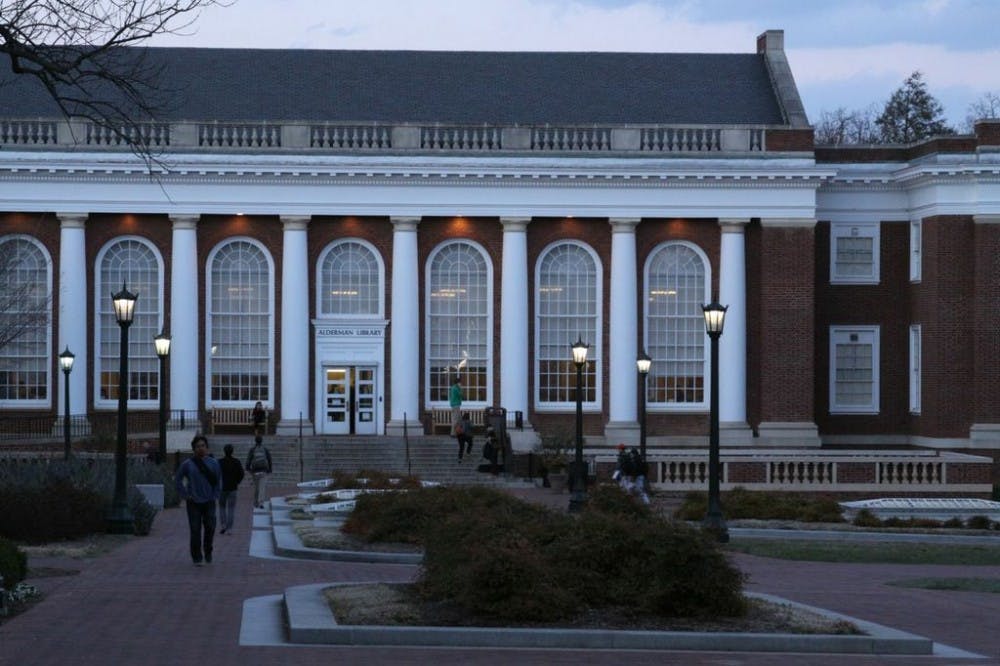Recent debates sparked by the death of an impoverished adjunct professor at Duquesne University have brought issues of inequality between tenure- and non-tenure-track professors into the limelight.
According to a CNN report, 49 percent of faculty in higher education occupy part-time positions while another 19 percent are full-time non-tenure-track, meaning nearly 70 percent of faculty nationwide are ineligible for tenure. This generally equates to lower pay, less academic freedom and less job security.
The situation at the University is slightly different, however. A 2012 report by the provost’s office found that the 62 percent of University faculty are tenured or tenure-track, a stark contrast to the national trend.
Anyone from an adjunct professor — teachers paid per course taught — to a full-time professor can be on a non-tenure track. Non-tenure-track faculty are often said to only focus on two of three main academic areas — teaching, research, and service — whereas tenure-track faculty focus on all three. But even highly respected professors may be non-tenured, with few perceptible differences to students.
Non-tenure-track professors at the University, particularly the majority who are full-time, are better off than the national norm, said Gertrude Fraser, vice provost for faculty recruitment & retention.
“Non-tenure-track faculty can have relatively long-term careers at U.Va.,” she said. “We give a sense of security [to non-tenure-track faculty] in having longer contracts,” which on average last from one to three years.
After six years of employment, such faculty can then be awarded Expectation of Continued Employment, meaning they may be reappointed, reassigned or terminated only in accordance with the terms of this protective policy, allowing for higher job security.
So long as faculty members are hired at positions working at least 0.5 FTE, or half of the full-time equivalent, they may receive health benefits.
Though the University seldom uses the term “adjunct” to describe teaching staff, it would include any kind of part-time instructor or researcher. They can either be compensated on a course-by-course basis or be on one- to three-year contracts.
Each department has its own designations for these kind of faculty, making them hard to categorize. Some departments, like the English department, do not hire adjuncts but will employ graduate students in their place.
Peter Norton, a non-tenure-track professor in the Department of Engineering and Society and vice president of the University chapter of the American Association of University Professors, said overall compensation and policies governing the employment of non-tenure-track faculty are “pretty good.”
Non-tenure-track faculty can occupy all ranks, including lecturers, researchers and combinations of both, and many often bear the same titles and responsibilities as their tenure-track counterparts. The two groups are also held to the same standards in performance reviews and have similar levels of promotion.
But just because the University generally treats non-tenure-track professors better than the national standard does not mean they’re compensated as well as those with tenure.
“Compare two assistant professors — same field, same years, same productivity — and we predict that the tenure-track professor will be getting more money,” Norton said.
Unequal compensation isn’t the only issue, though. For Norton, much of the concern comes down to differences in perception.
“When faculty are held to the same standards, they should be [valued] comparably,” he said. Non-tenure-track faculty are not given adequate representation in faculty governing bodies, he said.
Academic freedom is another major concern for non-tenure-track faculty said Walter Heinecke, president of the University chapter of AAUP and tenure-track faculty member. “If [tenure-ineligible faculty] are teaching classes, they need to have academic freedom,” he said. “They need to be able to engage in academic free speech without worrying about their job security.”
This includes being able to express their frustrations and feeling safe to vote on matters within the senate faculty without any hesitancy — a privilege that seems to be reserved for tenure-tracks, he said.
Because of a lack of quantifiable data these kinds of inequalities prove difficult to grasp. But the differential treatment showed itself when the provost’s office conducted studies on compensation solely for tenure-track faculty, thus leaving out more than one-third of its members.
“This is an issue of serious concern to [our AAUP chapter],” Heinecke said, as it reflects unequal concern for these two types of faculty.
As a result, last spring, the AAUP called on the provost’s office to organize a task force to study the compensation — as well as working conditions — of tenure-ineligible faculty, similar to one conducted recently by the University of Maryland.
This study look at a variety of factors, including salary equity, terms of contracts, job security, participation in governance and possible gender inequities.
“The issues that we face at the University [in regard to non-tenure-track faculty] have to do with questions of governance, consistencies of policies and how they’re applied at department and school levels,” Fraser said, and that’s what the provost’s office intends to explore.
Norton and other AAUP members believe this is a step in the right direction, though the provost should have conducted it alongside the study on tenure-track compensation in the first place.
Norton is hopeful however, that by closely comparing the two studies, the University will be able to see where it stands on the treatment of non-tenure-track faculty compared to those on the tenure-track.







